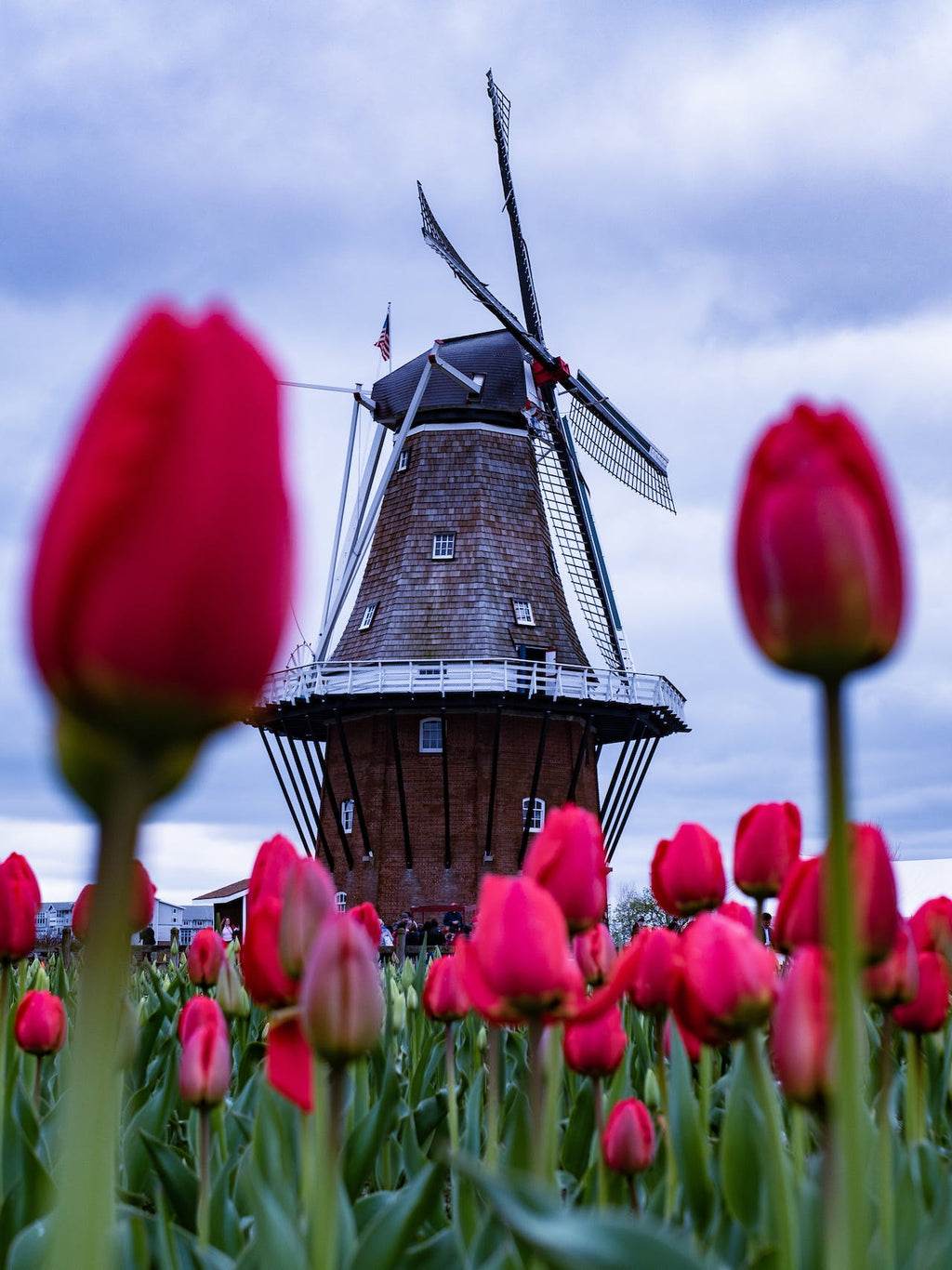Holland, also known as the Netherlands, is renowned for its vibrant and flourishing flower industry. With its favorable climate, rich soil, and long-standing tradition of horticulture, Holland has become a global hub for the production and export of flowers. In this guide, we will explore the fascinating world of the flower industry in Holland and delve into the factors that contribute to its success.
What makes Holland the ideal location for flower production?
Holland's temperate maritime climate, with mild winters and cool summers, provides the perfect conditions for growing a wide variety of flowers. The country's flat landscape and fertile soil, enriched by centuries of careful cultivation, further enhance its suitability for flower production. These natural advantages, combined with the Dutch people's expertise in horticulture, have made Holland a global leader in the flower industry.
Which flowers are grown in Holland?
Holland cultivates an extensive range of flowers, but some varieties have become synonymous with the country's floral industry. Tulips, undoubtedly the most iconic Dutch flower, are grown in abundance and are a symbol of the nation's horticultural heritage. Other popular flowers include roses, lilies, daffodils, hyacinths, and gerberas. The Dutch flower industry also encompasses a wide array of seasonal blooms, ensuring a constant supply of fresh and diverse flowers throughout the year.
How is the flower industry structured in Holland?
The flower industry in Holland operates through a well-established and efficient supply chain. It begins with flower growers, who cultivate and harvest the flowers. These growers range from small-scale family-owned farms to large commercial operations. The flowers are then transported to flower auctions, such as the famous Aalsmeer Flower Auction, where they are sold to wholesalers and exporters. Finally, the flowers are distributed to local and international markets, ensuring that they reach consumers around the world.
What is the significance of the Dutch flower auctions?
The Dutch flower auctions play a crucial role in the flower industry's success. These auctions serve as a central marketplace where growers can sell their flowers to a wide range of buyers, including wholesalers, florists, and exporters. The auctions facilitate fair and transparent transactions, ensuring that the flowers are sold at market prices. Additionally, the auctions provide a platform for buyers to access a vast selection of flowers, making it easier for them to meet the diverse demands of their customers.
How does the flower industry contribute to the Dutch economy?
The flower industry is a significant contributor to the Dutch economy. It generates billions of euros in revenue each year and provides employment opportunities for thousands of people. Holland's reputation as a global flower hub attracts tourists and business visitors, further boosting the country's economy. Moreover, the flower industry's success has led to the development of related sectors, such as logistics, packaging, and floral design, creating a thriving ecosystem of businesses.
The flower industry in Holland is a testament to the country's expertise in horticulture and its commitment to excellence. With its favorable climate, fertile soil, and efficient supply chain, Holland has established itself as a global leader in flower production and export. The industry's economic significance, cultural heritage, and commitment to sustainability make it a source of pride for the Dutch people and a symbol of their enduring passion for flowers.



